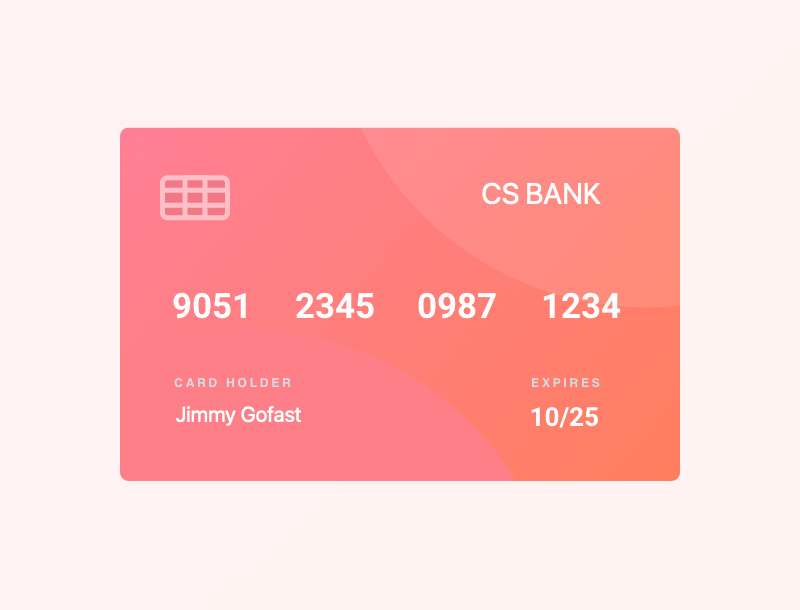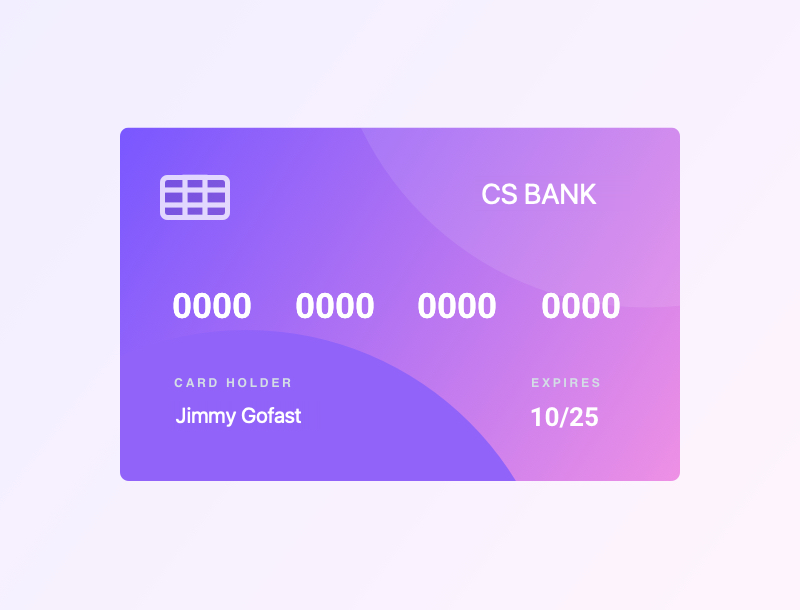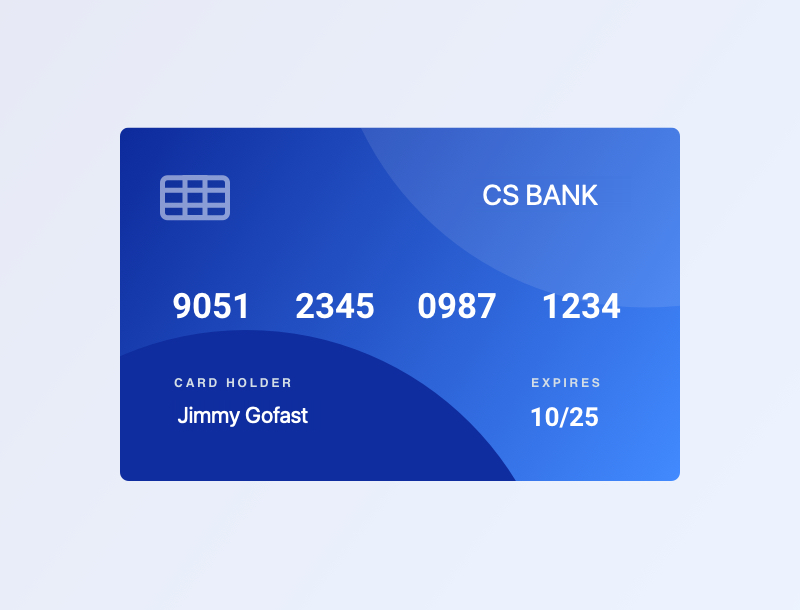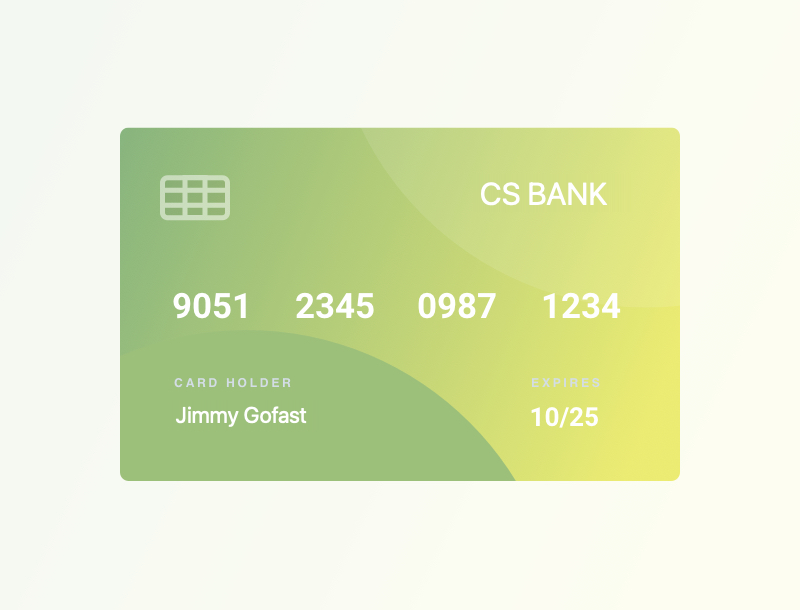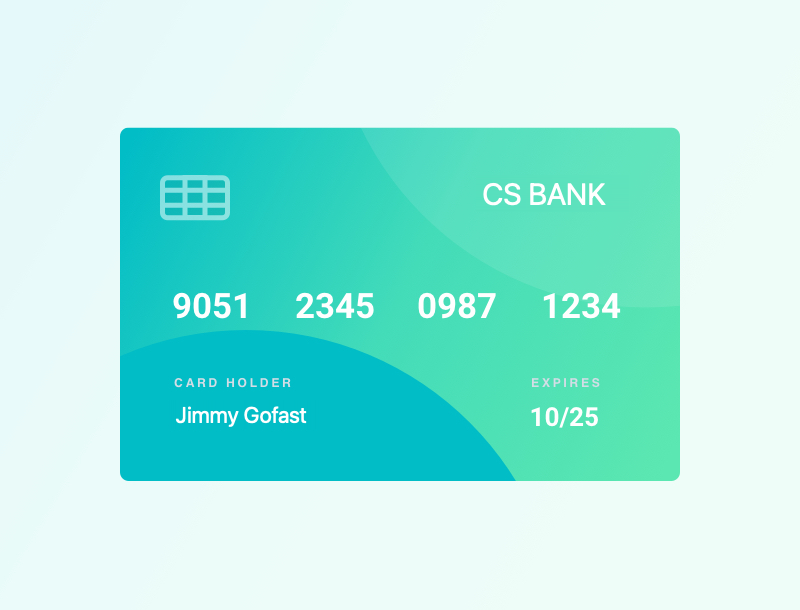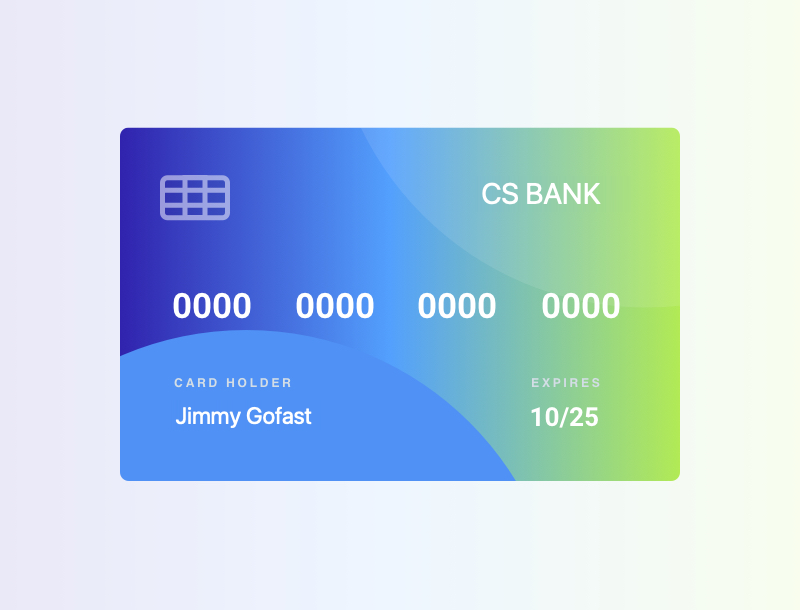All Credit Cards
Business
Personal
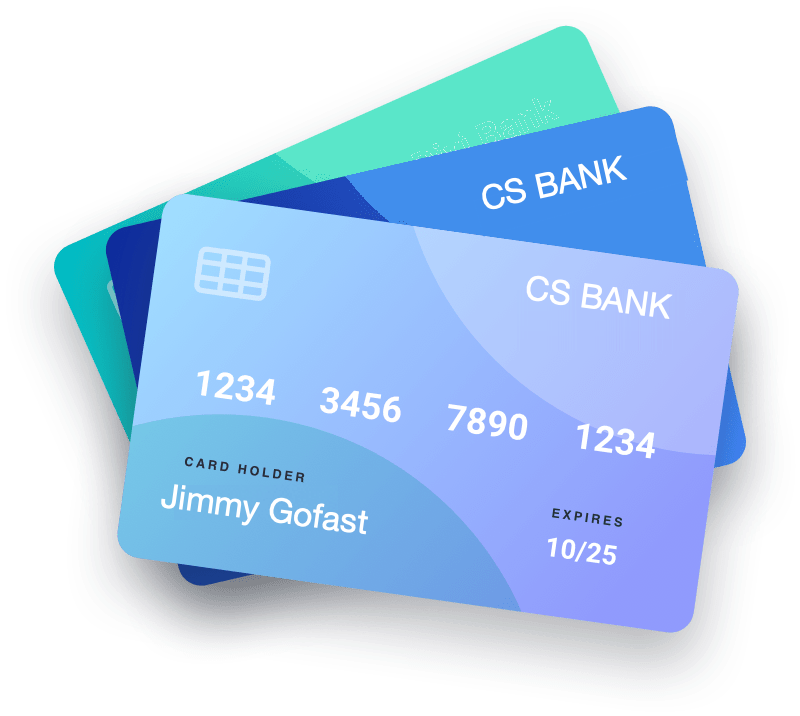
A Little Something For Everyone
Choosing the right card doesn’t have to take all day. We have the card that is right for you, and if you decide to change your mind there are no penalties. We want you to get the right card that is right for you at the right time.
Enjoy the benefits starting day one with our large selection of credit cards. Choose cash back or low interest rates…whatever works for you, works for us.
Personal Cards
Business Cards
F.A.Q.
Do Pre-Qualification or Pre-Approval Affect Credit Scores?
Simple reviews of your credit are called “soft” inquiries and don’t affect your credit score. These include credit checks from the prescreening or preselection process that lead to pre-qualified or pre-approved credit card offers. Capital One’s pre-approval tool also uses soft inquiries that won’t affect your credit score.
Responding to a Pre-Qualified or Pre-Approved Credit Card Offer
When you apply for a card, that’s when you’ll share more of your financial information, including your income level. That’s also when card issuers will conduct a full credit check.
If you decide you want to apply, that’s a good time to take a close look at things like interest rates and the other card terms to determine which card is right for you. Many cards offer additional benefits like earning cash back or travel rewards, $0 fraud liability for unauthorized purchases, travel insurance, premier access to events, and more.
Does Pre-Approval Mean I’m Approved for a Credit Card?
“Pre” is the key part of both of these terms. When a credit card offer mentions that you’re pre-qualified or pre-approved, it typically means you meet the initial criteria required to become a cardholder. But you still need to apply and get approved.
Think of these offers as invitations to start the actual application process. Since you’ve already been pre-qualified or pre-approved, these offers can give you more confidence when you start the application process.
Check Your Credit Score Often
First things first—you’ll likely want to know your current credit score. You can get it from the three major credit reporting agencies: Equifax®, Experian® and TransUnion®. The numbers they provide may be slightly different from one another, but all will give you a good idea of where you stand.
Learn How Often You Can Check Your Credit Report
“How often can I check my credit report for free?” This might be one of the most common questions for people looking to improve their credit score—after all, it makes sense that you’d want to keep a close eye on it. Every 12 months, you’re entitled to one free credit report from each of the three major credit reporting agencies.
Or you can stagger your free credit report requests throughout the year. That way, you can get a free report about every four months. You can also pay for a copy of your report if you want to look at it more often.
Understand Which Credit Mistakes to Avoid
When it comes to improving your credit score, there are a few common credit card mistakes to avoid.
- Paying only the minimum amount due or maxing out credit cards can also keep your credit utilization high and could negatively affect your credit score.
- Having more available credit might give you more freedom, but applying for multiple cards—especially all at once—may affect your credit score. Apply wisely and only when you really need to.
- If a credit card is charged off due to lack of payment, it can cause a noticeable credit score dip. It usually takes about six months of missed payments for a credit card to get a charged-off status.

